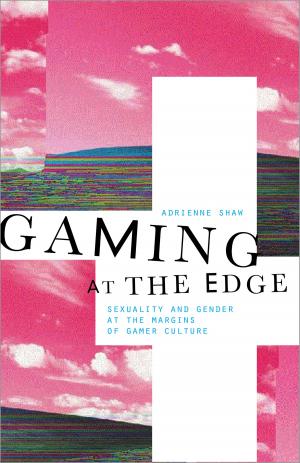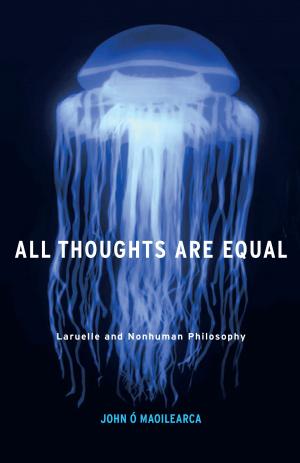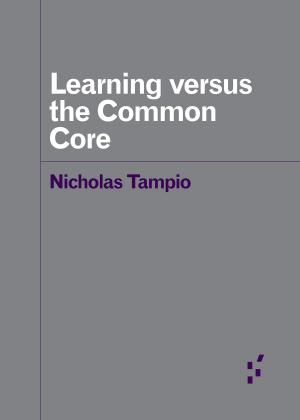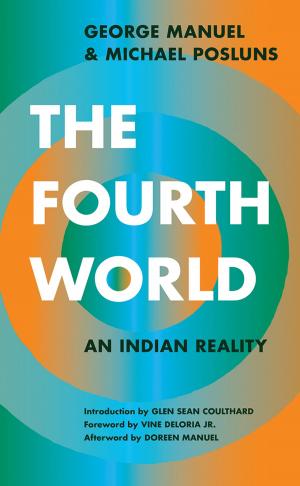| Author: | Kelly Oliver | ISBN: | 9781452942575 |
| Publisher: | University of Minnesota Press | Publication: | January 3, 2001 |
| Imprint: | Univ Of Minnesota Press | Language: | English |
| Author: | Kelly Oliver |
| ISBN: | 9781452942575 |
| Publisher: | University of Minnesota Press |
| Publication: | January 3, 2001 |
| Imprint: | Univ Of Minnesota Press |
| Language: | English |
Challenging the fundamental tenet of the multicultural movement-that social struggles turning upon race, gender, and sexuality are struggles for recognition-this work offers a powerful critique of current conceptions of identity and subjectivity based on Hegelian notions of recognition. The author’s critical engagement with major texts of contemporary philosophy prepares the way for a highly original conception of ethics based on witnessing.
Challenging the fundamental tenet of the multicultural movement-that social struggles turning upon race, gender, and sexuality are struggles for recognition-this work offers a powerful critique of current conceptions of identity and subjectivity based on Hegelian notions of recognition. The author’s critical engagement with major texts of contemporary philosophy prepares the way for a highly original conception of ethics based on witnessing.
More books from University of Minnesota Press
We use our own "cookies" and third party cookies to improve services and to see statistical information. By using this website, you agree to our Privacy Policy















